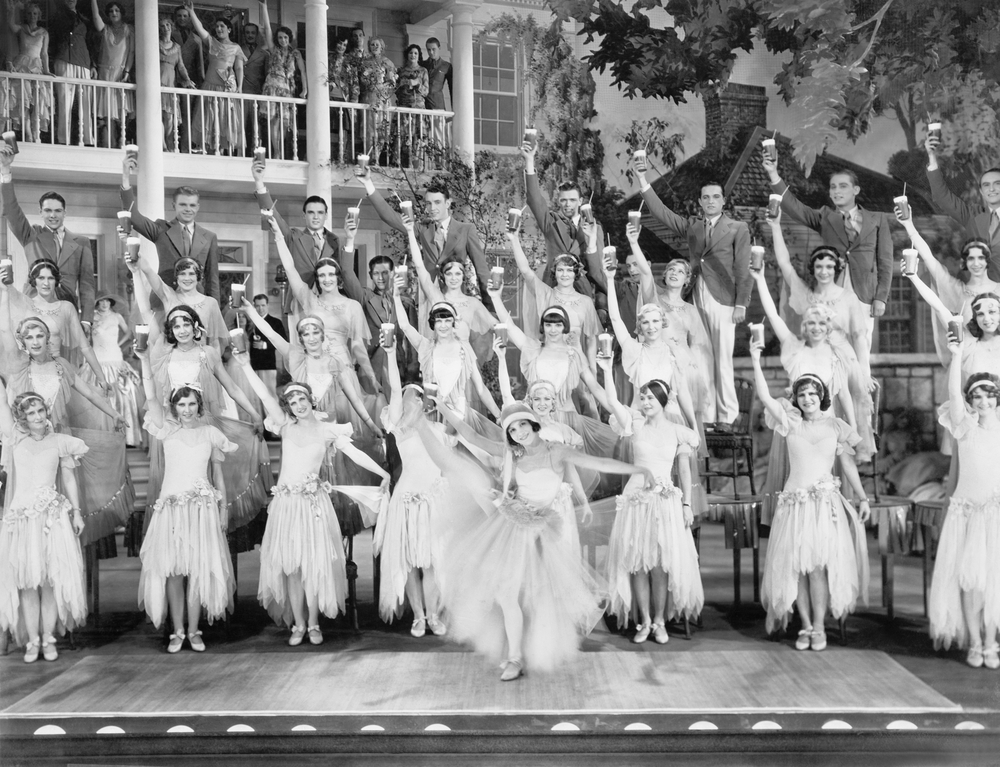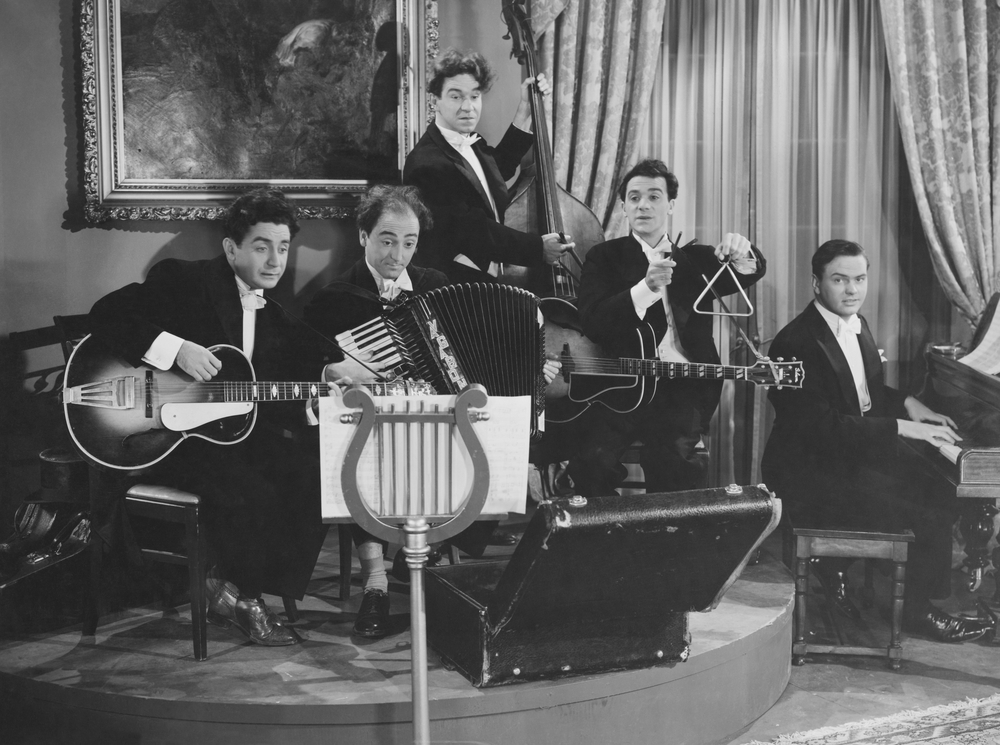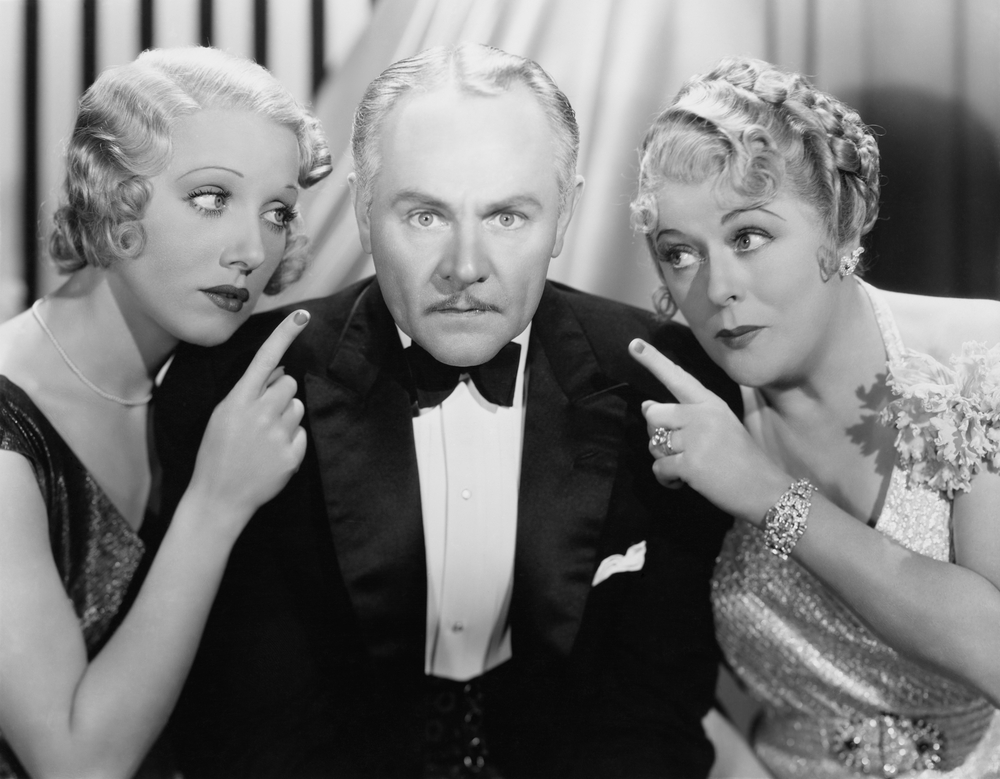Film Music Licensing Attorney Sebastian Gibson

Film Music Licensing Attorney Sebastian Gibson
California Film Music Licensing Attorney Sebastian Gibson will tell you motion picture music licensing is complicated, and it is. Film producers and music supervisors at major studios understand the complications that can arise when they decide to obtain a synchronization license to add previously recorded songs to their film. Music licenses in some cases have to be obtained from as many as a half a dozen individuals and entities to sometimes seven or more in the most complicated situations. To fully understand what a synchronization license may cost, an independent film producer needs to understand how the whole music licensing business works.
It happens. An independent filmmaker or producer is watching the day’s unedited footage. Or unfortunately, only months from their film’s release, the producer has a brainstorm that a certain song by a popular recording artist would be just perfect if they can get permission to use it in the film or the credits when it releases. Without a whole lot of luck and a lot more money than is left in the budget, that may have to choose another less expensive song to clear unless they can find more money and the right film music licensing attorney to help them.
While it can be a matter of not being able to choose or record a piece of music until the producer or director or even the parties involved in granting a synchronization license can see the overall look of their film, it can also be a matter of other unfortunate delays in the production due to financing or some other reason that prevents a filmmaker from obtaining music licenses earlier. And even when an experienced film producer has a pretty good idea of the overall look and the type of music or the specific songs they would like to use in their film, and there is the money in the budget for it, some filmmakers may assume it’s simply a technical issue of clearing some music.
California Film Music Licensing Attorney Sebastian Gibson, understands why one song may be easy to clear while another can be much more complicated and costly. As a California Entertainment Attorney with over 40 years of combined experience in California and in London, California Film Music Licensing Attorney Sebastian Gibson has the perseverance to clear the perfect music a filmmaker needs to make his or her film light up the screen and stir the exact emotions of the movie audience the film, the writing and the acting deserves. With law degrees in both California and Great Britain and over four decades of experience, the right music licensing attorney to call for your film or television project is California Film Music Licensing Attorney Sebastian Gibson.

Getting All the Necessary Deals Done to Obtain a Synchronization License and a Master Use License
The right to synchronize a song or even a small piece of a composition with a visual image requires that a license be obtained from the music’s copyright owner. The problems arise from the fact that there may be three or five individuals or entities with whom a deal must be struck, or there may be seven, eight, even nine different negotiations involved, any one of which can torpedo your project.
Generally, the music licensing lawyer must determine who the copyright owner of the music is to obtain a synchronization license. Usually it’s the music publisher. However, with co-publishing deals, publishing administration agreements, foreign subpublishing agreements, joint ventures, co-venture deals and even music publisher catalogue purchase agreements, its not always immediately clear, or even clear after a good deal of investigation, who or how many individuals or companies have full or partial ownership of a music composition’s copyright.
To obtain a Master Use License in order to be able to reproduce a specific recording of a song in a film, a further deal must be struck with the record label which owns the recording. But is the record label still around, or was it bought out or did it merge with another label which was eventually purchased some years later?
In order to fully clear the music, it may also be necessary to make deals with the singer or singers or even with instrumentalists, the record producer, the songwriter or songwriters who collaborated on the song, the owner of the master recording, and the record company involved in the soundtrack album.
If the songwriters who collaborated on the music are signed to different publishers or if several performers were involved in performing the song and they are signed to different record companies, even more deals may need to be made by the music licensing attorney. Some songs will have just one songwriter. Some will have two, three, even five.
With all of the mergers and acquisitions of record labels, publishing houses and catalogues, clearing music can even become more of a web to untangle.
And if any one of these people or entities balk at the idea of their music being used in a horror film or whatever genre film is being produced, it’s game over and back to square one for the movie’s music supervisor, the producer or the studio music supervisor in charge of the film’s music and the film’s music licensing lawyer.
But when the film is complete, and the music makes the film work when no other music would have had the same effect, there’s nothing like it for an entertainment lawyer to see their hard work pay off. Of course, the lawyer will still need to make a deal with a record company for a soundtrack album, license film clips for music videos and deal with unauthorized use of the music in other clips all over the internet. But that’s what makes the world go round.
How Much Do License Fees Cost?
License fees are negotiated based upon a number of factors. The copyright owners will want to know how the music will be used, how many times the music or parts of it will be used, the total duration of the music in the film, and the film’s budget. They’ll want to know if the music is being used during the main title at the start of the film or in the credits (and if it is, that will cost substantially more unless more than one song is used over the credits as is common today). They’ll also want to know if the film is for theatrical release, a TV film or series, cable, video on demand (and with whom, e.g. Netflix, Hulu, Amazon, Apple, Disney +, etc.), internet, interactive media, simply at film festivals or some other use. A filmmaker will may also want to use the music in what is called in-context advertising and in-context trailers for the film, which will also cost the filmmaker more in fees.
They’ll want a synopsis of the project along with the budget. If it’s a film, they’ll want to know if it’s for wide release and in what countries, if it’s a documentary, and they may want to know the names of the actors, director and producer who are connected with the film. And they’ll want to know if the music will be used in a soundtrack recording.
A songwriter and a recording artist will not be willing to let their song be used in just any film. The bigger the song, the harder it will be to clear the rights unless your film has a big budget, big stars, a big director, big producer and one hell of a story. Even then, the copyrights may be held by the estate of a songwriter who simply doesn’t respond to anyone asking to use their music.
Is It Cheaper or Better To Find A Composer to Write Original Music For A Film?
Film Music Licensing Attorney Sebastian Gibson will tell you, that depends. Whether or not the original music will create the same emotions that songs the film’s music supervisor wanted in the first place until one of the copyright owners torpedoed that idea, will also depend upon the composer, and the performers who perform the song.
The filmmaker will still need to pay a composer for writing the music. There will be the cost of recording, producing and mixing the music. And the better the composer and performers, the higher the cost will be.
Depending on how the negotiations with the composer proceed over the Composer’s Agreement, the production company or the film composer will own the publishing rights to the music. Even if the production company pays the composer’s fee up front and retains the publishing share of the music, the composer will still retain the songwriter’s share.
And in order for the filmmaker to exhibit their film in wide release, the Composer Agreement will need to be negotiated such that the production company obtains worldwide synchronization rights, worldwide free TV, pay TV, cable, video on demand and subscription television rights, television advertising, film trailer use, music videos, film video promos, theatrical distribution rights worldwide, DVD rights and all future technology rights, known or unknown.
At least 10% of a film’s total budget has been the rule of thumb which should be earmarked toward music and the cost of clearing music. If as a filmmaker, you’re not working with a sufficient sum set aside for music, you may need to have your music supervisors look for something they can use from a production library.
What If You’re Not A Major Filmmaker, But Want To Release Your Film on YouTube or Display It At Film Festivals?
First, you must obtain licenses for any songs you did not write yourself. Second, due to the complexity of obtaining the necessary licenses from all of the potential copyright holders and individuals or entities who own the recording, you need to give yourself or a California entertainment attorney months to clear the music.
YouTube and other social media channels will not clear your music for you. Manufacturers you go to in order to have your film duplicated will require proof of licensing as will film festivals before they allow your film to be shown.
If by chance either through dumb luck or intention, you display a film without the proper licenses, you can be sued upside and sideways until the cows come home for copyright infringement costing you considerably more than it would have ever cost to obtain the proper music licenses from the copyright holders.
While some publishers have agreed to receive a share of advertising revenues from YouTube in exchange for their music rights, not all publishers have done so. And recent court decisions, specifically in the EU, have and will continue to further complicate the matter. The safest way to ensure whether you can safely show a film on YouTube with music that you didn’t write yourself is to contact each of the parties discussed herein who may have a share of the music copyright including the music publisher, the record label and anyone connected in the songwriting, recording and performing of the music in order to determine if their rights have been or will still be secured by YouTube no matter what future EU decisions are made by the courts. That being unlikely, either you or the music licensing attorney you hire should obtain the necessary licenses to clear the music.
One of the most stressful letters a person can receive is a Cease and Desist Letter from a copyright infringement letter. An even more stressful delivery is from the process server who serves you with a lawsuit filed in federal court for damages for copyright infringement.
How Long Does It Normally Take To Obtain Music Licenses?
There is no normal in music licensing for films as California Film Music Licensing Attorney Sebastian Gibson will tell any film producer. Copyright owners control the game, the rules and can call timeout any time they wish.
They can ask for any amount they wish, take whatever amount of time they need until they see the amount in their bowl of cereal, and on a whim reject a filmmaker’s proposal if they see a raven fly overhead. They will mull over the budget of your film, the use and even if they are amenable, the copyright holder’s processing department may be overloaded or the person assigned to your request may suddenly go on an extended vacation.
Film Music Licensing Attorney Sebastian Gibson: How To Get Your Music Licensed for Film or TV
Once you’ve copyrighted or had a copyright attorney copyright your music for you, pitch your music to anyone and everyone you can find who is connected to the music industry, music publishing, films and television.
But do not send emails with attachments. Everyone either already knows or should know it’s unsafe to click on email attachments. What you want to do instead, is to put links in your email so the email recipients can listen to your music or stream it if your pitch interests them.
Don’t go to the cost of making poorly mastered demos. Perform at songwriter nights at your local dives. Move to Nashville, collaborate with other songwriters and make contacts with people working at music publishers. Or get a job at a movie studio or with a film producer in any capacity. Offer to work for free, if you can, for the experience, and the contacts.
There are as many ways as a person who’s committed to getting their music licensed for films can imagine. Collaborate with other musicians. Take courses in music writing and master any instruments you play. Nobody said it would be easy. But you can be successful, if you outwork, outperform and master the craft of songwriting.

Choosing the Right Film Music Licensing Attorney, Sebastian Gibson
At the law offices of California Film Music Licensing Attorney Sebastian Gibson, we’re as interested in seeing you have the right music for your film as you are.
While it’s not easy to clear music for film or TV, it’s rewarding. Just as you, the filmmaker have a vision for your film, so do we. Our vision is to help a filmmaker obtain the rights to use the film they most want for their film or television project.
When you’re in need of a California Film Music Licensing Attorney Sebastian Gibson to obtain the music licenses you need for your motion picture, for TV, for a video on demand project or any other type of entertainment production, call California Film Music Licensing Attorney Sebastian Gibson at (760) 776-1810.
California Film Music Licensing Attorney Sebastian Gibson has now been named a 2022 Top Lawyer for the 12th year in a row by the prestigious Palm Springs Life Magazine.




